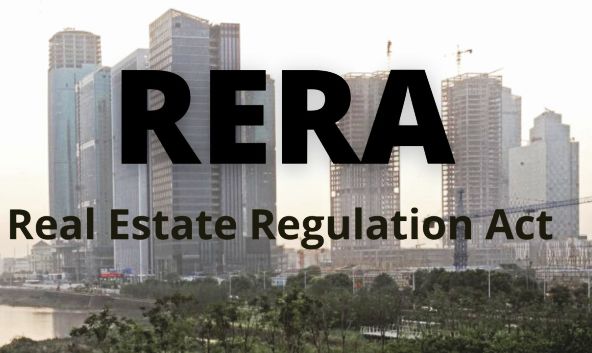LI Network
Published on: October 28, 2023 at 16:01 IST
The Karnataka Real Estate Regulatory Authority (KRERA) has issued a directive compelling a private developer working on a senior citizens’ project in Mandya District to transfer the complete corpus fund of Rs 62.26 lakh, gathered from buyers, to the owners’ association.
The project in question, named Sharadindu–Stage III, is developed by “Sree Senior Homes.” The Sharadindu Senior Commune Owners Association, representing the residents, raised concerns about the developer’s failure to transfer the collected funds to the association, which was officially formed and registered on April 7, 2022. Under Section 11 of the Act, the developer is mandated to transfer the corpus fund to the association.
The dispute stems from the developer’s alleged failure to adhere to the agreed-upon project timeline and deliver the promised amenities as per the promoter’s agreements, which prevented the allottees from forming an association earlier.
The developer’s counterclaim asserts that they used the corpus fund to cover ongoing maintenance costs, which the complainant association had refused to pay. The developer argues that the complainant association is liable for a significant sum to cover these maintenance costs and service fees.
The core issue revolves around whether the complaint adheres to the Karnataka Apartment Ownership Act and the registered bylaws.
The developer contends that the complaint did not follow the proper procedures, including obtaining authorization from the majority of the owners, as mandated under the bylaws.
The KRERA ruling also addressed the complainant association’s liability to pay a sum of Rs. 1,65,72,221 to the respondent firm due to its refusal to cover the deficit maintenance costs and service fee based on provided services.
The developer further claimed that Phase 1 of the project falls outside the scope of RERA (Real Estate Regulatory Authority) as all units were handed over before RERA’s implementation. According to the developer, the project’s RERA registration applies only to Phase III, not the entire project.
The KRERA thoroughly examined the records and found that the developer had not shown any intention to develop the project in phases. It was suggested that the developer may have avoided registering the project as a whole to evade certain RERA obligations.
The KRERA’s conclusion was that the undefined phases could not be treated as separate real estate projects under RERA, as they had not met the occupancy certificate requirements. Given that there was only one association for the entire project, withholding the corpus fund based on individual phases was deemed unjustifiable.
The ruling also took into account the project’s unique nature, catering to senior citizens with essential amenities. While some amenities had been provided upon the formation of the complainant association, many others remained pending. With the developer’s withholding of the corpus fund and several promised amenities still outstanding, this was seen as unjust enrichment.
The KRERA’s directive requires the developer to complete the project and deliver all promised amenities within 60 days from the date of the order.
CASE TITLE: SHARADINDU SENIOR COMMUNE OWNERS ASSOCIATION AND SREE SENIOR HOMES

